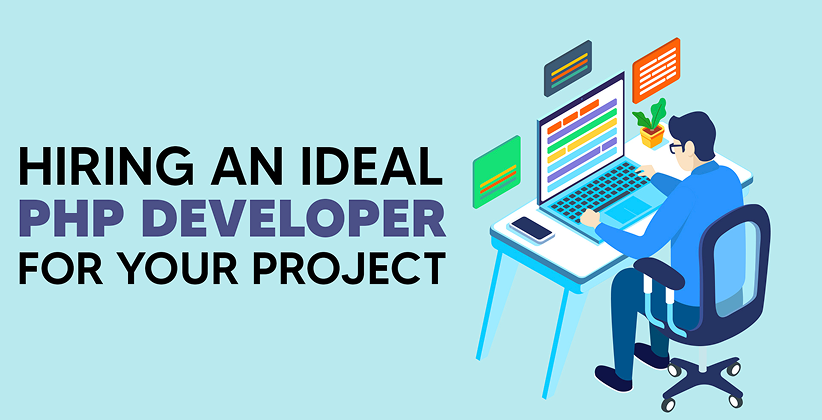
PHP remains one of the most popular programming languages for web development, powering over 75% of websites, including platforms like WordPress, Facebook, and Wikipedia. Whether you need a dynamic website, an e-commerce store, or a custom web application, hiring a skilled PHP developer is crucial for the success of your project.
But with so many developers available, how do you find the right one? In this guide, we’ll walk you through the key steps to hiring a skilled PHP developer.
Step 1: Define Your Project Requirements
Before you start searching for a PHP developer, outline the details of your project:
- Type of project – Is it a website, a web app, or an e-commerce platform?
- Required PHP frameworks – Do you need Laravel, CodeIgniter, Symfony, or a custom PHP solution?
- Database preferences – Will you use MySQL, PostgreSQL, or MongoDB?
- Third-party integrations – Do you need API integration with payment gateways, CRMs, or other services?
Having a clear scope will help you identify the right skill set and experience level for your developer.
Step 2: Choose Between a Freelancer or Full-Time Developer
Depending on your budget and project needs, you’ll need to decide whether to hire a freelance PHP developer, an in-house developer, or a development agency.
| Hiring Option | Best For | Pros | Cons |
|---|---|---|---|
| Freelancer | Small projects, one-time tasks | Cost-effective, flexible | Less control, may not be available for long-term support |
| In-House Developer | Continuous development, maintenance | Better collaboration, full-time commitment | Higher costs, need to manage resources |
| Development Agency | Large-scale projects, enterprise applications | Experienced team, reliable support | More expensive than freelancers |
Step 3: Look for Essential PHP Skills
A skilled PHP developer should have expertise in the following:
✅ Core PHP & Frameworks – Knowledge of PHP 7.x or 8.x and popular frameworks like Laravel, CodeIgniter, and Symfony.
✅ Database Management – Experience with MySQL, PostgreSQL, or NoSQL databases.
✅ Front-End Technologies – Familiarity with HTML, CSS, JavaScript, and frameworks like Vue.js or React.
✅ RESTful APIs & Third-Party Integrations – Ability to integrate external services like payment gateways (Stripe, PayPal), email services, and CRMs.
✅ Security Best Practices – Knowledge of SQL injection prevention, XSS protection, and secure authentication methods.
✅ Version Control & Deployment – Experience with Git, Docker, and cloud platforms (AWS, DigitalOcean).
Step 4: Where to Find PHP Developers
You can find skilled PHP developers on various platforms:
- Freelance Websites – Upwork, Fiverr, Freelancer, Toptal
- Job Portals – Indeed, LinkedIn, We Work Remotely
- Developer Communities – GitHub, Stack Overflow, PHP forums
- Agencies & Outsourcing Companies – If you prefer a structured team with project management support
Step 5: Assess Technical and Soft Skills
Once you shortlist candidates, evaluate their expertise through:
🔹 Portfolio Review – Check previous projects, client reviews, and experience with similar tasks.
🔹 Technical Test – Assign a small coding task or ask them to solve a real-world problem.
🔹 Interview Questions – Ask about PHP best practices, security measures, and how they handle debugging and optimization.
🔹 Soft Skills Check – Look for problem-solving ability, communication skills, and teamwork experience.
Step 6: Discuss Budget & Project Timeline
Be clear about:
💰 Hourly Rate or Fixed Price – Freelancers charge anywhere from $20 to $100 per hour, while agencies have higher rates.
📅 Project Milestones – Set clear deadlines for different phases.
🛠️ Post-Launch Support – Will the developer offer maintenance and bug fixes after deployment?
Final Thoughts
Hiring the right PHP developer requires careful planning and evaluation. Define your project needs, choose the right hiring model, assess technical skills, and ensure clear communication. With the right developer, you can build a secure, scalable, and high-performing PHP application.